Research carried of by cost consultant E C Harris reveals that the most common causes of disputes it handles relate to omissions and errors in the original contract documents.
But greater use of adjudication has seen the average time taken to resolve a dispute shorten to 7.9 months from 12.9 months in 2012.
In the UK, EC Harris has seen a steady rise in the total value of claims it advises on.
Four years ago this stood at just £4.5m, but it rose sharply to £16m in 2012 and £16.5m in 2013.
The recent upturn in market conditions and claims by employers for alleged defective works are two of the key drivers causing disputes.
The more buoyant market means that contractors are more prepared to take action to recover losses that they may have suffered by entering into contracts over the last five years when there was a sharp downward pressure on tender prices.
This has also led to a number of speculative claims being submitted, most now citing the landmark Walter Lilly case on work delays, which has been seen as a panacea for all ills.
Gary Kitt, UK Head of Contract Solutions at EC Harris, said: “The report reflects the scale of the increasing pressures on the construction industry of a reticence to invest in the skills and training required to implement and understand a clear procurement and construction strategy.
“With pressures to start and finish projects on time and on budget, we are also likely to see increased pressures at the end of the project as disputes are lodged.
He added: “By investing in time and resources at the outset, clients have the opportunity to reduce the spend on dispute resolution by as much as tenfold.”
Top five causes of disputes last year
- Errors and/ or omissions in the contract document
- Failure to make interim awards on extensions of time and compensation
- Differing site conditions
- Incomplete design information or Employer requirements (for D&B/D&C)
- A failure to properly administer the contract
Ranked in descending order
Kitt added: “The UK’s unique adjudication process has enabled it to set itself apart from its global peers, resulting in a reduction of time for resolution of disputes.
Adjudication is preferred over costly litigation, which requires a period of at least three months to go through the pre-action stages and even longer to resolve.
“As the market improves, more companies are looking to go through the shorter and less in-depth adjudication route, leading to temporarily binding decisions that are only rarely challenged in the Courts.”

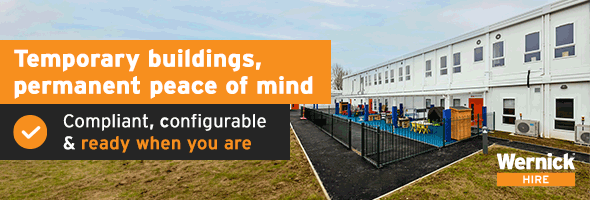
















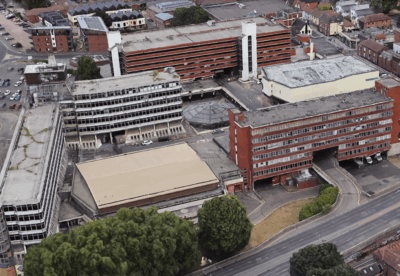






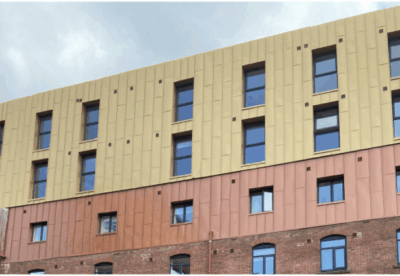
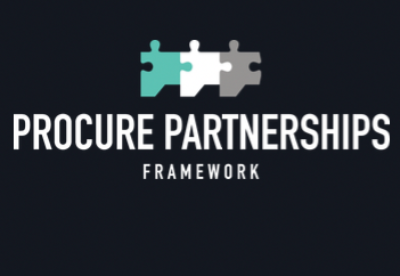


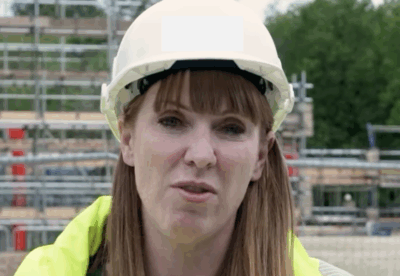
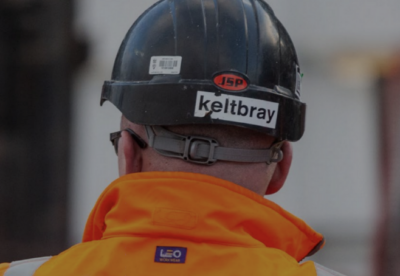





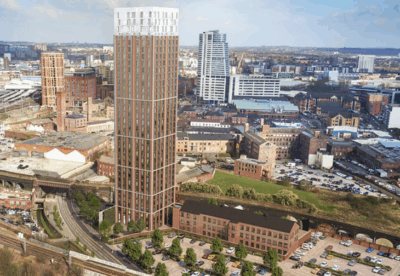




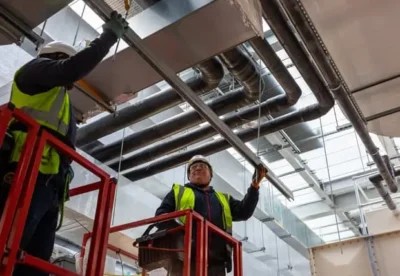


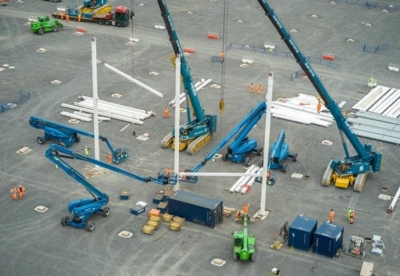


 (300 x 250 px) (2).png)







